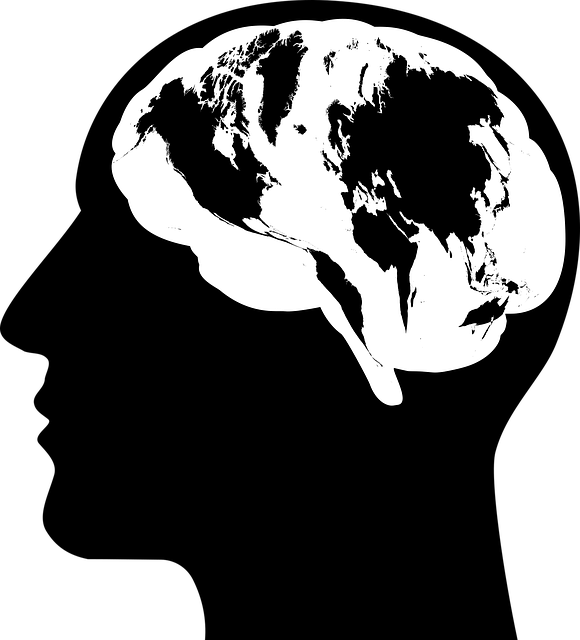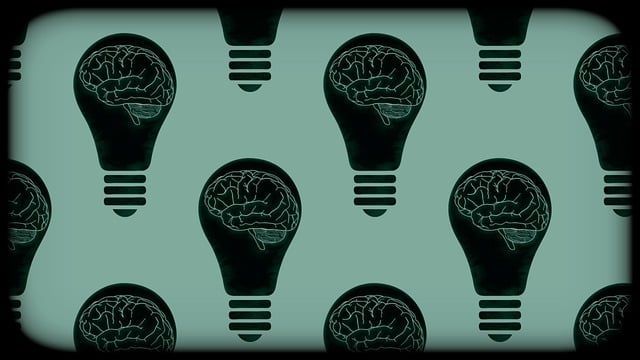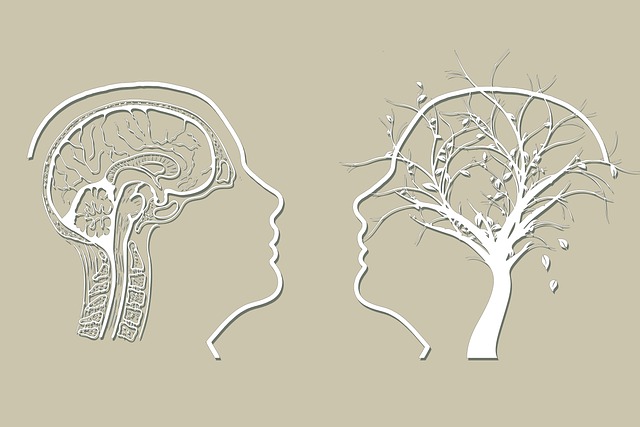Diagnosing mental illness accurately is challenging due to diverse symptoms. Arvada Codependency Therapy (ACT) offers a holistic solution in Colorado, focusing on interdependent relationships, emotional regulation, stress reduction, and mental wellness coaching. This approach improves diagnostic clarity, aids in anxiety relief treatment planning, and equips individuals with healthier coping strategies for overall well-being. Integrating ACT into traditional practices enhances mental healthcare delivery by providing nuanced data for precise diagnoses, benefiting both individual patients and the overall care system.
Mental illness diagnosis accuracy is a critical aspect of patient care, yet it remains a challenging field. This article explores the intricate challenges surrounding mental health assessments and delves into innovative strategies aimed at enhancing diagnostic precision. We highlight the unique contributions of Arvada Codependency Therapy in improving diagnosis reliability, offering hope for more effective treatment pathways. Through understanding these efforts, we can navigate towards better-informed mental healthcare practices.
- Understanding the Challenges of Mental Illness Diagnosis
- Innovative Approaches to Enhance Diagnostic Accuracy
- The Role of Arvada Codependency Therapy in Improving Diagnosis Reliability
Understanding the Challenges of Mental Illness Diagnosis

Diagnosing mental illness accurately can be a complex task due to the diverse nature and often subtle symptoms presented by individuals seeking help. The process involves sifting through various emotional, behavioral, and cognitive indicators, which may overlap or manifest differently across age groups, cultures, and personal experiences. For instance, what appears as chronic anxiety in one person could mirror depression in another. This complexity is further exacerbated by the fact that mental health conditions often coexist with other physical or psychological ailments, creating a layered diagnostic challenge.
In Arvada, Colorado, codependency therapy has emerged as a promising approach to address these complexities. By focusing on interdependent relationships and emotional regulation, therapists can help clients unravel the intricate web of codependent behaviors and thought patterns that may hinder accurate diagnosis. This holistic therapy also incorporates stress reduction methods and mental wellness coaching programs, which not only aid in symptom management but also empower individuals to develop healthier coping strategies, thereby improving overall diagnostic clarity and facilitating more effective treatment planning for anxiety relief and other common mental health concerns.
Innovative Approaches to Enhance Diagnostic Accuracy

In recent years, efforts to enhance mental illness diagnosis accuracy have intensified, driven by a growing recognition of the impact on patient outcomes. One innovative approach gaining traction is incorporating Arvada Codependency Therapy into traditional diagnostic practices. This therapeutic model not only aids in understanding complex interpersonal dynamics but also provides valuable insights into an individual’s emotional dependencies and coping mechanisms. By integrating such techniques, mental health professionals can gather more nuanced data during risk assessments, leading to more precise diagnoses.
Furthermore, the development of coping skills and emphasis on self-care practices among patients plays a pivotal role in improving diagnostic accuracy. Equipping individuals with effective coping strategies enables better expression of symptoms and emotional states, enhancing the evaluative process for mental health professionals. This holistic approach not only benefits individual patients but also contributes to broader improvements in mental healthcare delivery, ensuring more accurate diagnoses and personalized treatment plans.
The Role of Arvada Codependency Therapy in Improving Diagnosis Reliability

Arvada Codependency Therapy (ACT) is a game-changer in the field of mental health diagnosis and treatment. This therapeutic approach focuses on improving interpersonal relationships and emotional healing processes, which are often at the core of many mental illnesses, especially those with codependent traits. By integrating mindfulness meditation techniques into therapy, ACT helps individuals develop healthier coping mechanisms and enhance their self-awareness.
Through comprehensive risk assessments for mental health professionals, ACT ensures that diagnosis accuracy is prioritized. This involves recognizing complex patterns in a patient’s behavior and emotional responses, which can be subtle or often mistaken for other conditions. By employing these advanced strategies, mental health professionals can confidently navigate the intricate landscape of codependency, leading to more reliable diagnoses and effective treatment plans tailored to each individual’s unique needs.
Mental illness diagnosis accuracy is a complex issue, but with innovative approaches like Arvada Codependency Therapy, we can significantly improve reliability. By understanding the challenges and adopting advanced techniques, healthcare professionals can navigate the intricate landscape of mental health assessment more effectively. This not only benefits individuals seeking help but also ensures that support is tailored to their unique needs, fostering better outcomes and enhanced well-being.














